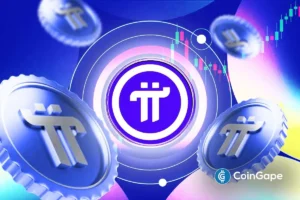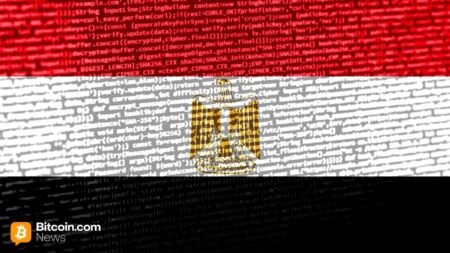Ethereum Foundation Begins New Era with Decentralized AI Team
The Ethereum Foundation has embarked on an ambitious journey by establishing a new decentralized AI team under the leadership of Davide Crapis. This strategic move marks a significant turn for Ethereum, transitioning from its traditional role as a neutral settlement layer to what some experts are now calling a more “opinionated” Layer-1 blockchain. This shift not only reflects Ethereum’s adaptability but also highlights its aim to integrate advanced technologies like artificial intelligence into its ecosystem.
A New Direction for Ethereum
With the launch of this AI-focused initiative, the Ethereum Foundation is making a clear statement about its commitment to innovation. By assembling a dedicated team to explore artificial intelligence, Ethereum aims to tap into the unprecedented potential that AI offers for decentralized applications, smart contracts, and overall network functionality. The leadership of Davide Crapis, who brings a wealth of experience in both AI and blockchain technology, is expected to steer this team toward bridging the gap between these two revolutionary fields.
Implications for Decentralization
The introduction of an AI team raises important questions about decentralization within the Ethereum ecosystem. As Gil Rosen, co-founder of the Blockchain Builders Fund, notes, this might represent a shift from being a neutral infrastructure towards taking a more defined stance—potentially shaping the development of AI applications on the network. This evolution could lead to enhanced functionalities and more efficient processes, but it also poses challenges regarding governance, consensus, and the foundational principles of decentralization that Ethereum has championed since its inception.
Enhancing Smart Contracts with AI
One of the most exciting prospects of integrating AI into Ethereum is the enhancement of smart contracts. By employing machine learning algorithms, smart contracts can become more adaptive and intelligent, enabling them to respond to real-time data and user interactions. This could lead to more efficient transactions and a more dynamic user experience. The synergy of AI and blockchain could catalyze a new generation of decentralized applications that are not only responsive but also personalized, addressing the unique needs of individual users.
Collaboration and Community Engagement
As the Ethereum Foundation pioneers this new initiative, community engagement will be crucial. The success of the AI team will depend on collaboration with developers, researchers, and enthusiasts in the Ethereum community. Open-source contributions and community feedback may improve the framework and implementation of AI technologies, ensuring they align with the decentralized ethos of Ethereum. This collaborative approach could foster innovation while preserving the community-driven principles that have been central to Ethereum’s growth.
Future Prospects and Challenges
While the potential benefits of integrating AI into Ethereum are substantial, there are also challenges to consider. Issues surrounding scalability, security, and ethical implications of AI must be addressed to ensure responsible advancements. Additionally, the Ethereum community will need to navigate the complexities of governance as this new technology takes shape. Continuous dialogue within the community, along with ongoing research and development, will be essential in mitigating risks and maximizing the benefits of AI integration.
Conclusion
The Ethereum Foundation’s new decentralized AI team signifies an important evolution in the blockchain landscape, merging the worlds of AI and cryptocurrency. Under the leadership of Davide Crapis, this initiative is poised to redefine how smart contracts and decentralized applications function, potentially impacting various industries. As Ethereum transitions into this novel chapter, maintaining its foundational principles while embracing innovative technologies will be pivotal. The journey promises exciting developments, but it will also require careful consideration of the broader implications for decentralization and community engagement.

















